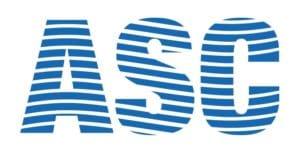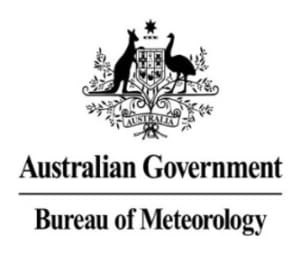

Composites for Defence and Aerospace
Airspeed is a ‘design and build’ company specialising in the application of composites for defence and aerospace applications. We fabricate composite parts and most often combine those composite parts to form complete project solutions.
The manufacture and maintenance of composite products currently happens in our purpose-built facility at Mawson Lakes Technology Park in South Australia. Our Airspeed facility houses unique four-axis filament winding, large-scale autoclave and out-of-autoclave capabilities. Flying operations are conducted from the nearby Parafield Airport.
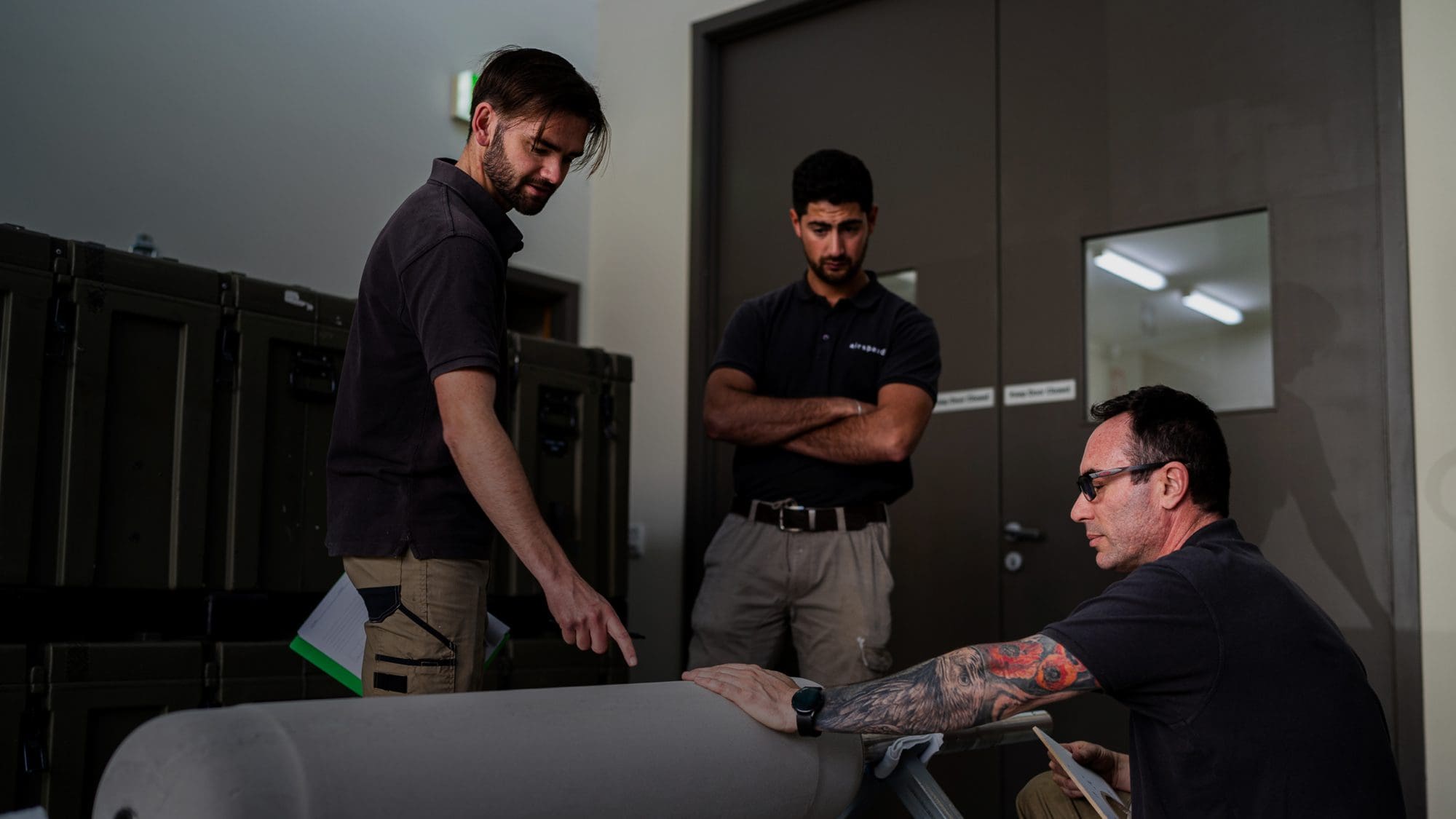

Our People
Experienced composite technicians fabricate our composite products. Our Airspeed team also includes highly skilled design engineers designing these systems as well as test pilots and flight test engineers using in-house R&D assets to test new systems.
What unites our team is a shared passion to create composites-based solutions that enhance Australia’s defence capability.
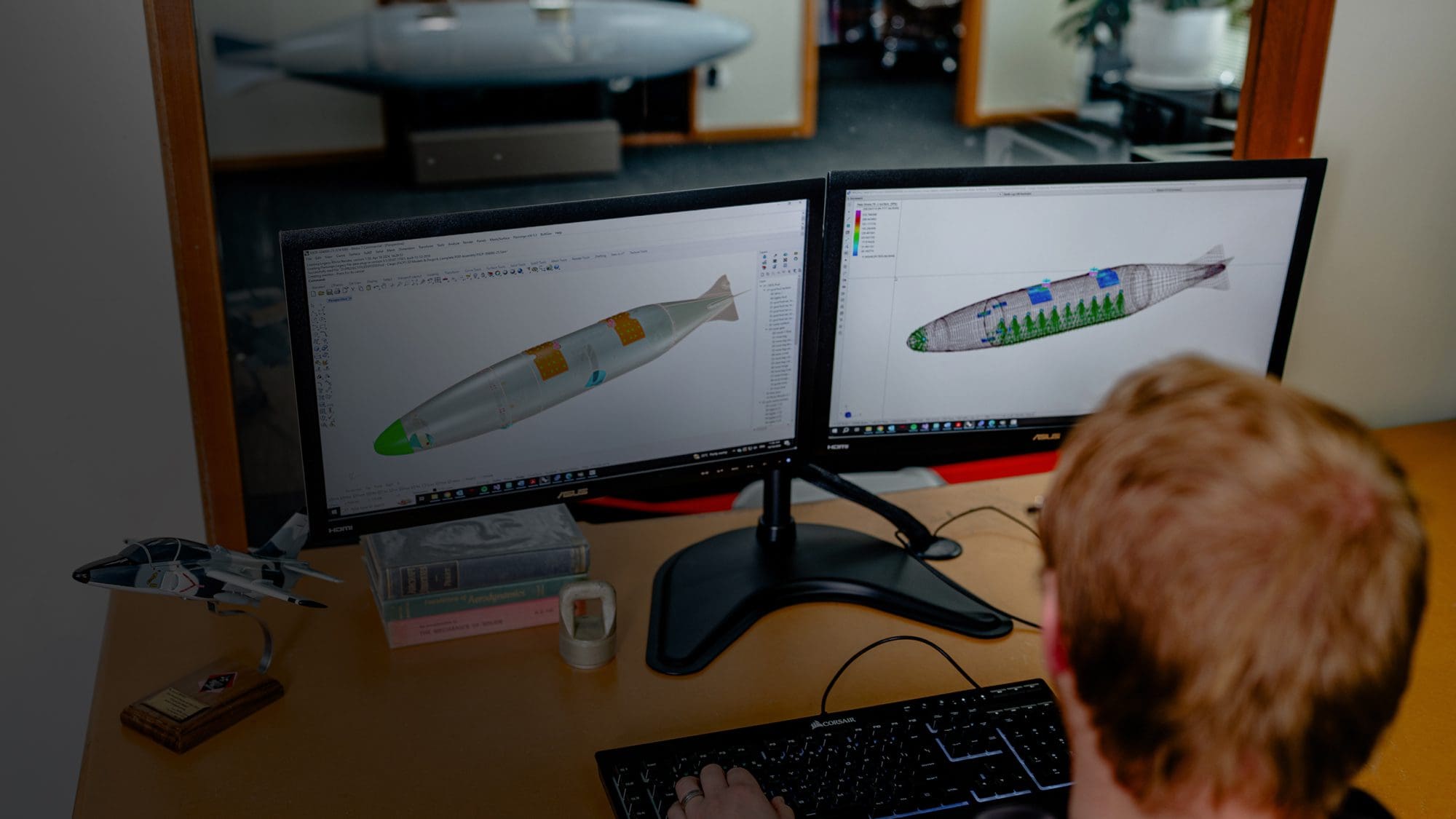
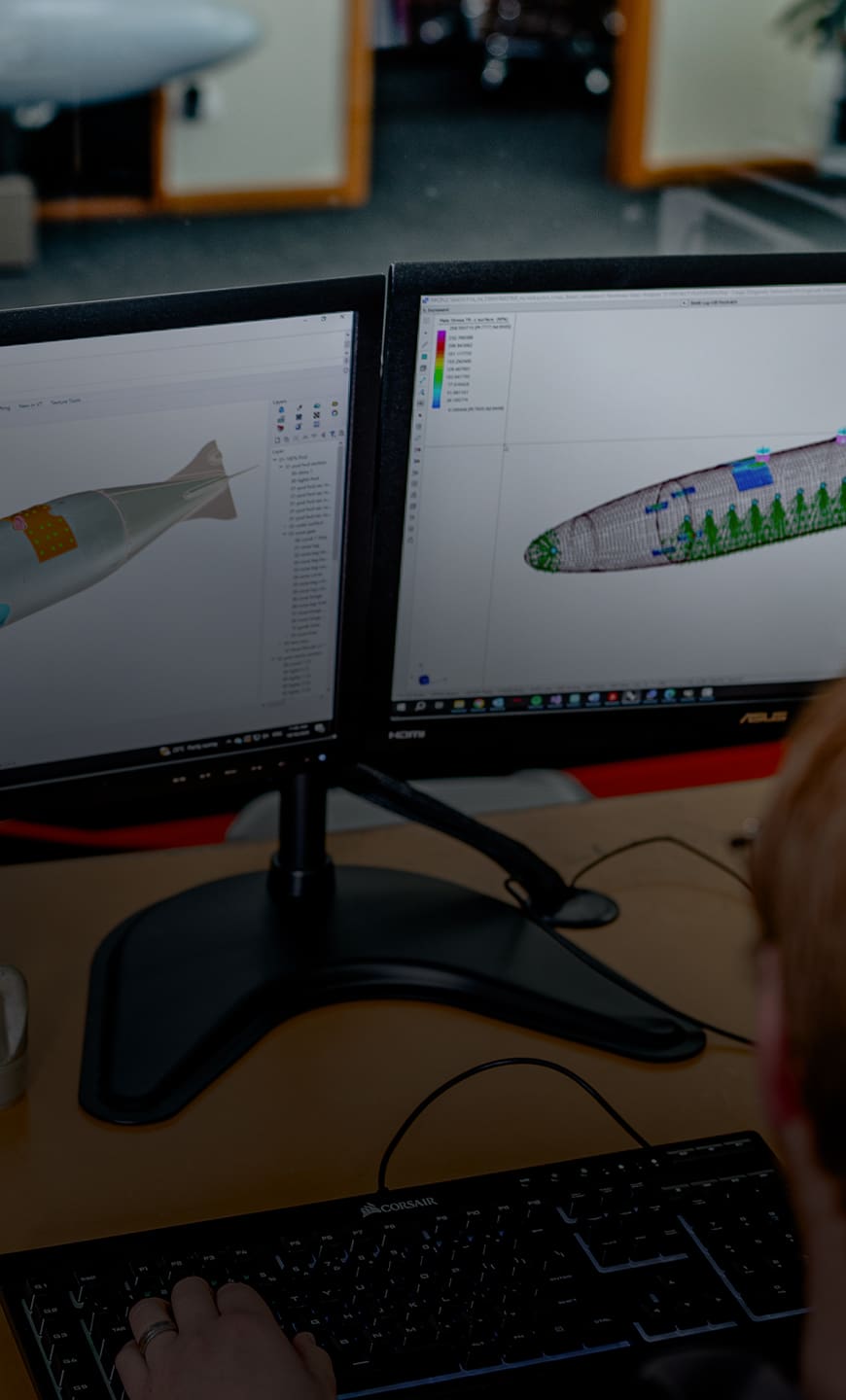
Design Capabilities
Our design capabilities encompass all aspects of engineering pertaining to composite materials including finite element analysis, computational fluid dynamics and radio frequency transmissivity analysis coupled with extensive experience in test & evaluation. Airspeed has designed and manufactured a broad range of technical solutions for our customers using filament-wound, vacuum and temperature-cured pre-impregnated (‘pre-preg’) and resin-infused composite materials incorporating carbon, aramid and glass fibres.
We are proudly innovative, highly productive and driven to achieve sovereign capability.


Project ‘IRUKANDJI’ accelerates, passing Milestone 1
Airspeed has passed the first milestone of Project Irukandji with captive carriage of a prototype of the supersonic target on Airspeed’s in-house, Marchetti S211 R&D platform. Later phases of the Irukandji project will be powered by solid rocket motors using a variant of the 10-inch filament-wound cases that Airspeed manufactures for DSTG and Thales Australia.
In many ways, Irukandji is a possible direct replacement for the now-retired AQM-37, some 5,500 of which were used to replicate air-to-air and air-to-surface threats in a life spanning 1963 to 2022. Whilst aerodynamically similar to AQM-37, Irukandji will use a solid rocket motor rather than hazardous hypergolic fuels.
Further flight testing will be conducted in early 2025 to gather performance data and refine aerodynamic modelling. Subject to final approvals from Defence, Airspeed will raise the technical readiness level of Irukandji with the release of a number of unpowered glide vehicles at the Woomera Test Range to validate system flight characteristics and guidance capabilities.
Airspeed’s related work in solid rocket motors will continue in 2025 with further work on filament-wound carbon fibre rocket motor cases of varying diameter. We will also conduct further work to quantify our workforce and facilities expansion plans to manufacture – in Australia – the quantity of solid rocket motors described in The Australian Guided Weapons and Explosive Ordnance Plan publicly released on 30 October this year.

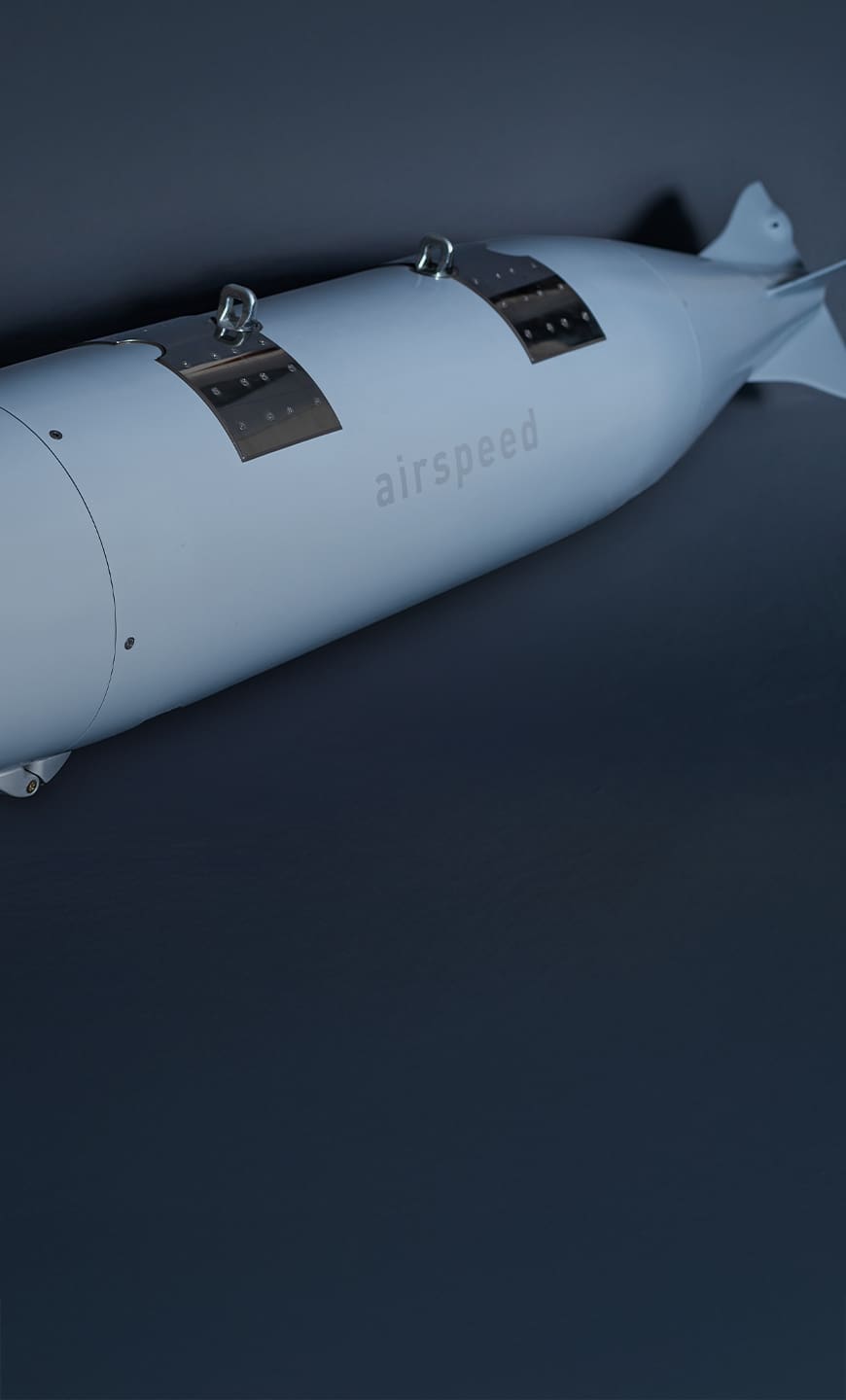
Airborne Equipment Pods
Our journey in composites began with the development of airborne equipment pods designed for supersonic carriage on military jets. Variants include our innovative low drag electronic pods and supersonic cargo pods. Airspeed’s offerings in the aerospace sector have subsequently grown to support several sovereign programs with bespoke radomes for Defence and civil applications.
Comprehensively tested to MIL-STD-810F and proven in flight testing beyond Mach 1.3, our pods have been certified and flown on F/A-18 (‘Classic’ and Super Hornet), F-111, Hawk, Learjet LJ35, Marchetti S211 and PC-9. The Airspeed Low Drag Electronics Pod offers compatibility with any military or civil aircraft equipped with 14” pylons.
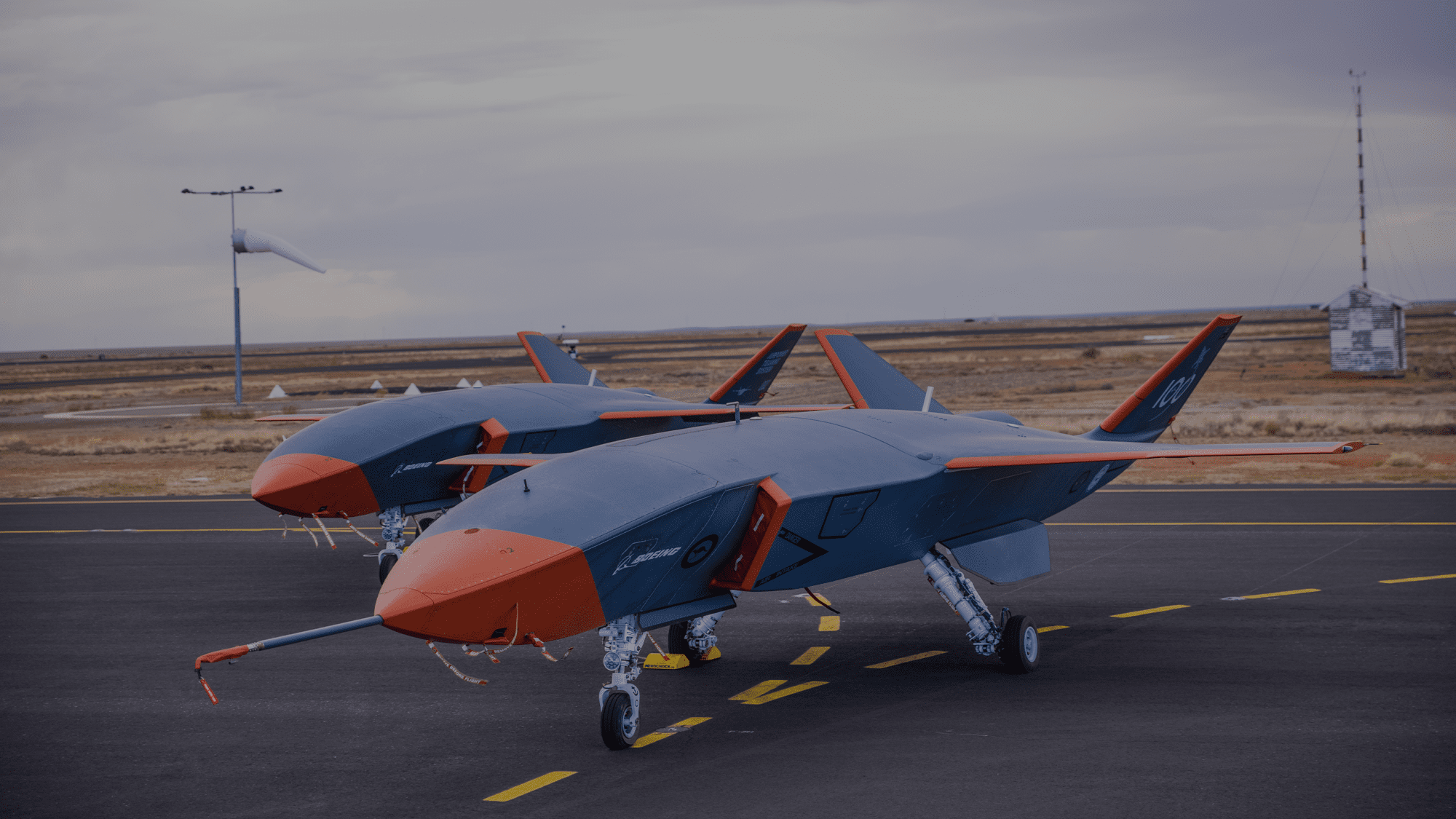
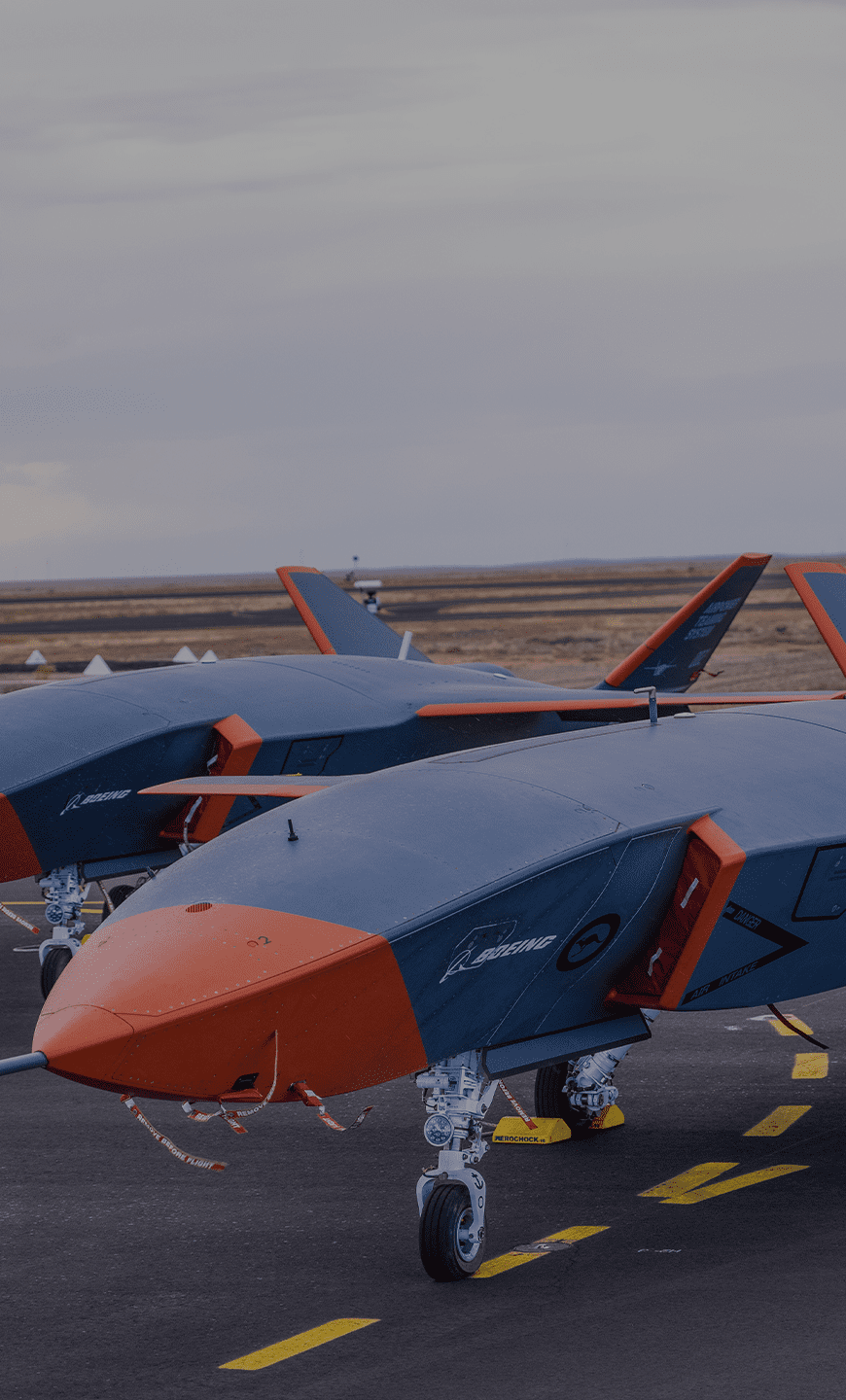
Radomes
Airspeed’s experience in radome design and build extends to both aerospace and maritime applications, covering both radar and communication frequency bands. Our analytical toolsets support our design capabilities in RF analysis and structural analysis.
We design and build radomes optimised for minimal transmission loss at specified radar frequencies. These radomes typically use S-glass or quartz over nomex honeycomb cores but can be thin wall monoliths in some applications.


Manufacturing Capabilities
Airspeed’s aerospace projects make extensive use of pre-impregnated (‘pre-preg’) composite materials, typically cured in our in-house autoclaves.


Composite Rocket Motor Cases
Airspeed is proud to be part of Australia’s sovereign endeavours in rocket motor production, by supporting our partners with leading edge carbon fibre rocket motor casings.
Airspeed rocket motor casings are lightweight pressure vessels that use high strength filament-wound carbon fibres to contain the propellant and are much lighter than a steel case of the same working pressure. A lighter pressure vessel also allows more propellant for more range or payload for a nominal system mass.
Rocket motor casings for various customers have been tested, fired and validated through a range of different tests and firing scenarios.

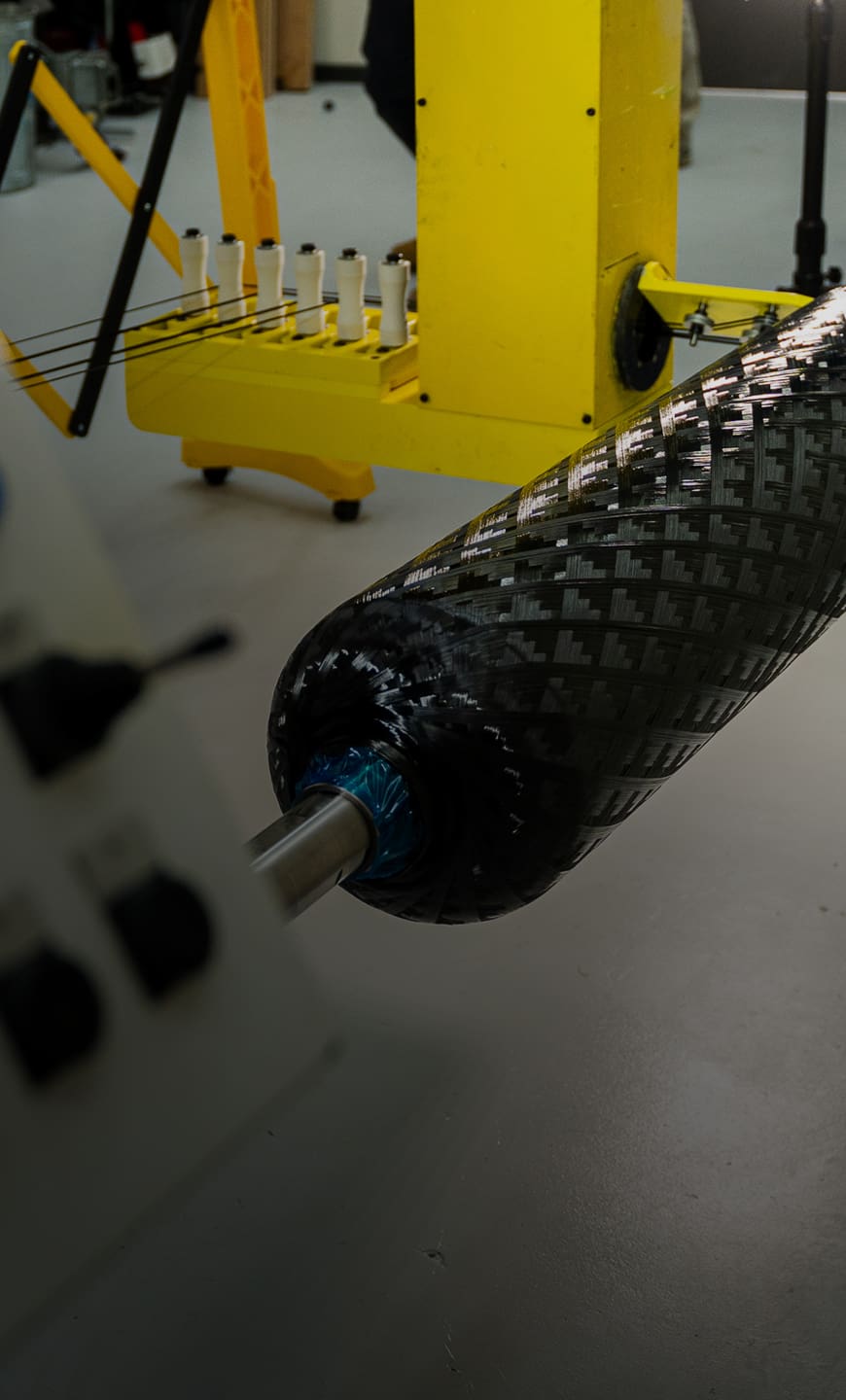
Manufacturing Capabilities
Airspeed utilises specialised equipment tailored for the composite manufacture of rocket motor casings. Our multi-axis filament winding machines and large pressurised autoclaves ensure precision and quality. We are specialists in the application of filament wound carbon fibre ‘towpreg’ materials for leading-edge rocket technology. We are investing heavily in five-axis machining capabilities and other technologies for making rocket motors of the future.

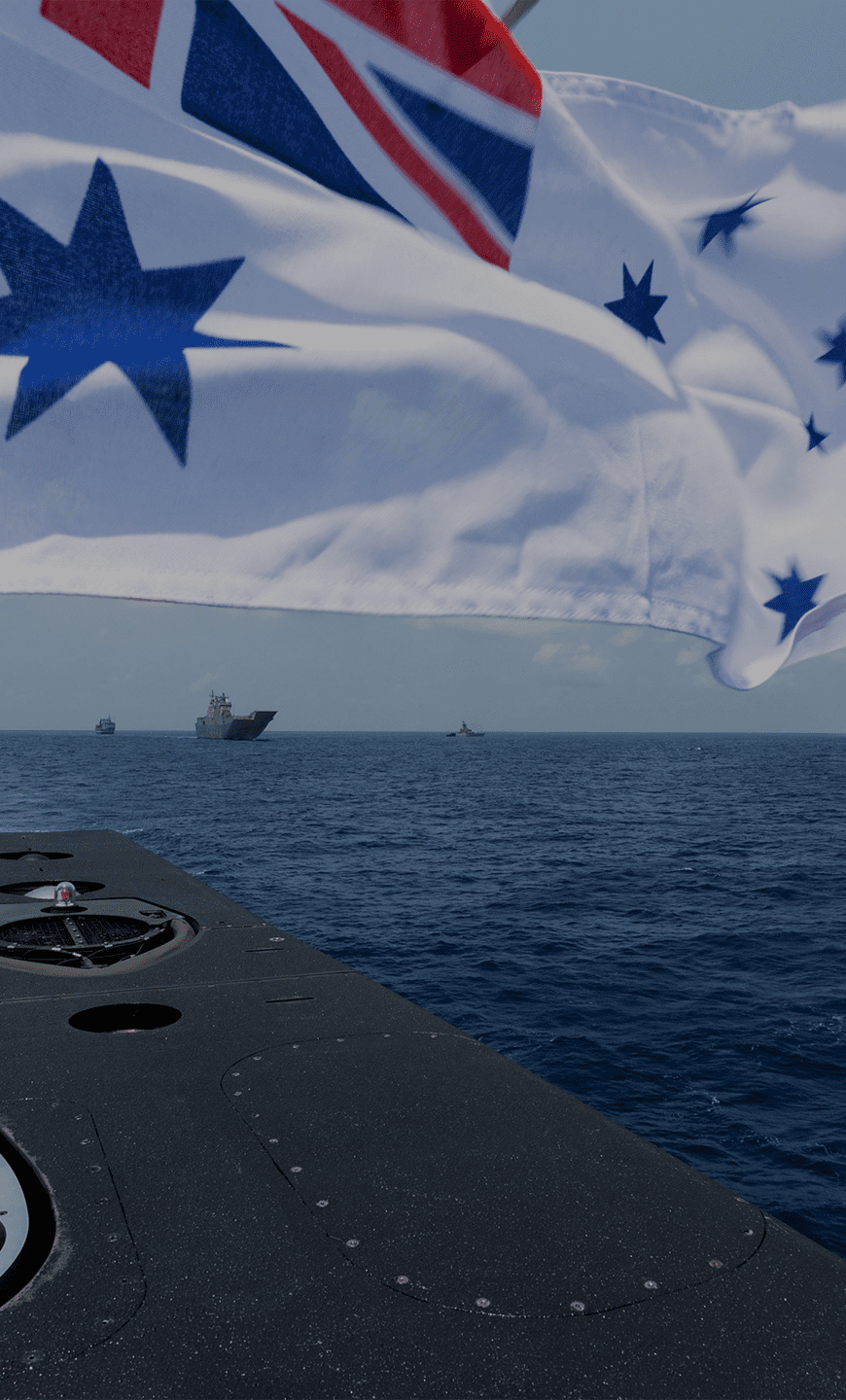
Maritime
Our work in the maritime sector involves replacing heavy steel structures with lightweight, resin-infused composite structures. This approach not only reduces topside weight but also restores submarine stability margins, ensuring enhanced operational efficiency and safety. We specialise in surface ship work, focusing on resin-infused, lightweight replacement structures that utilise fire retardant resins.
Current project work includes the Replenishment At Sea Stump Masts (RASSM) for the BAE Type 26 and Hunter Class Frigates using hybrid pre-preg composite materials. With extensive experience in designing and manufacturing filament-wound pressure vessels, we demonstrate our broad capabilities within the maritime sector.

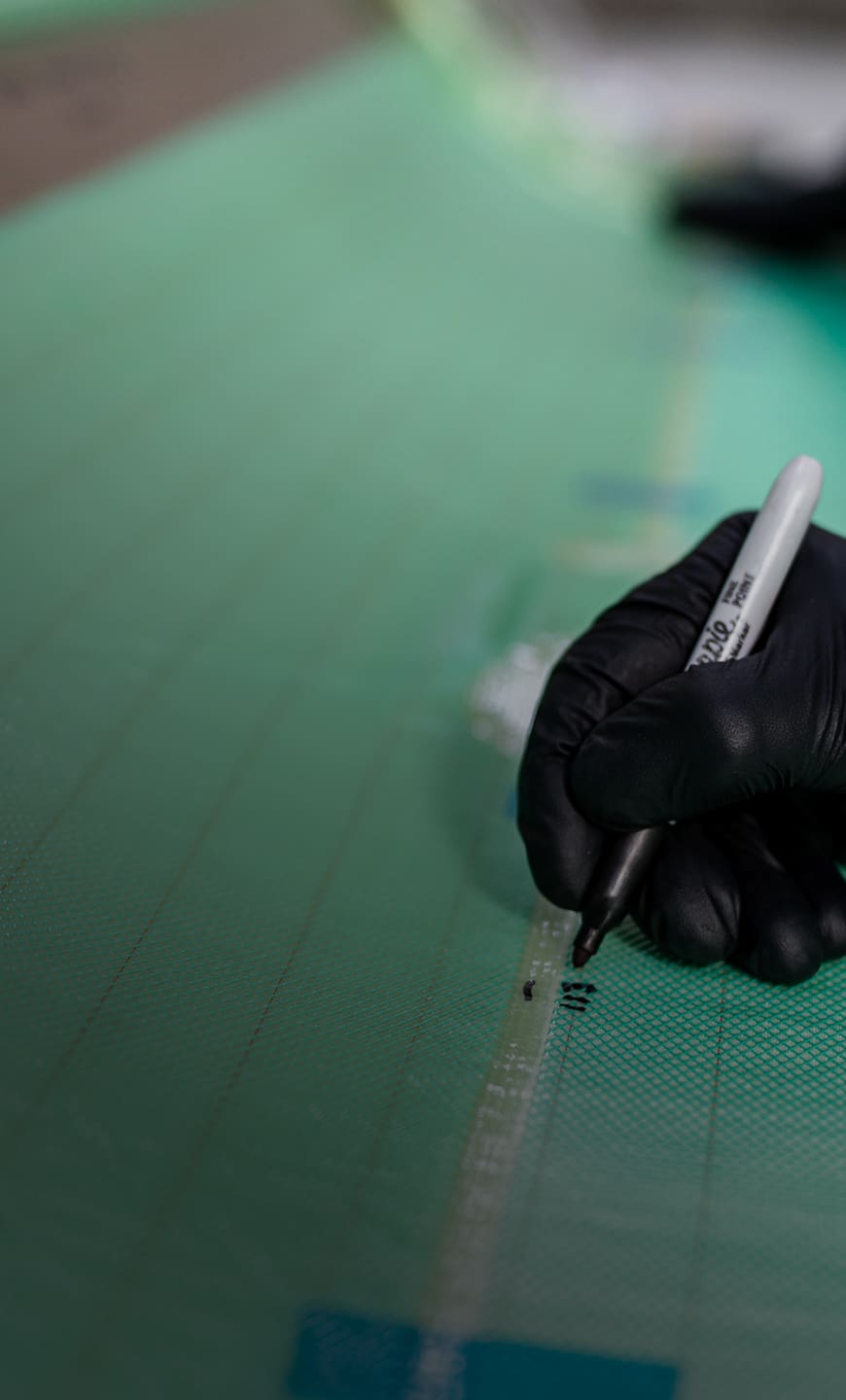
Manufacturing Capabilities
Airspeed applies resin infusion techniques using carbon, aramid, and glass fibres. These capabilities ensure the production of high-quality composite products that meet stringent industry standards.
Customers Past and Present

